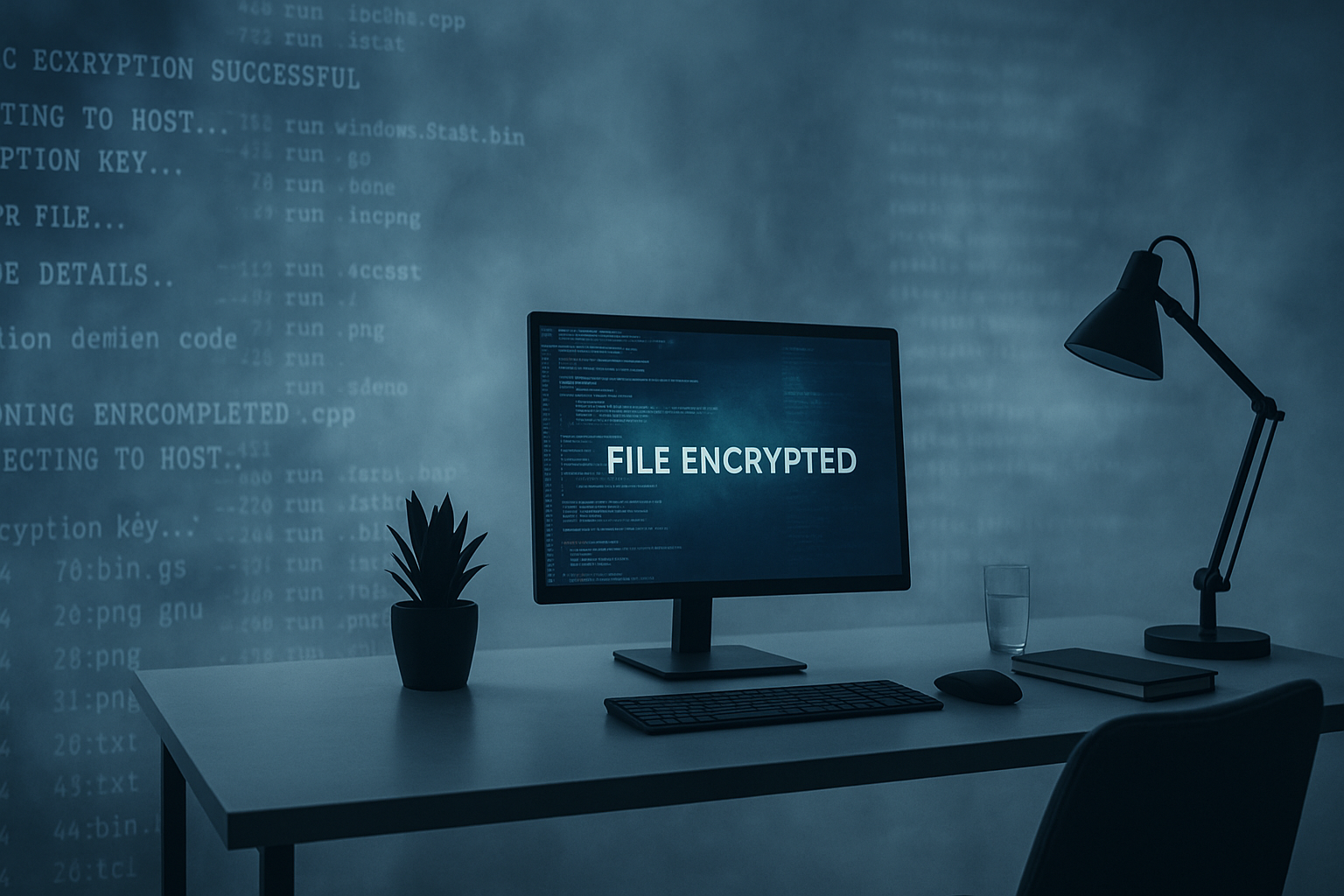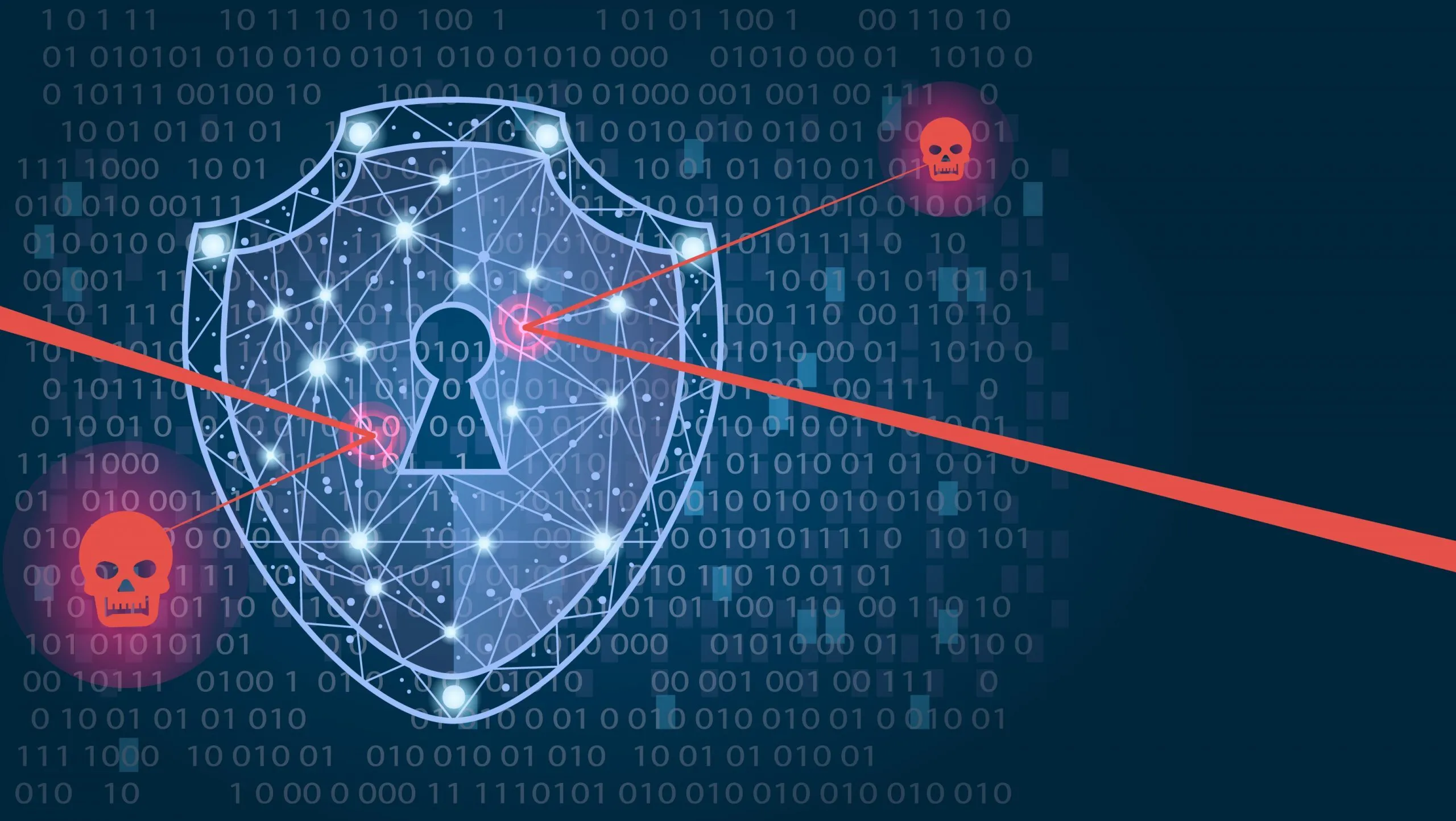What do game cheats, Discord links, and stealthy malware have to do with your business network?
More than you might think.
When most people think about ransomware, they picture loud, flashy takeovers—screens locked, files encrypted, and ransom notes demanding payment.
But a newer threat called Fog ransomware is changing the game.
It’s quieter, sneakier, and it could already be on your team’s devices without anyone knowing.
And it’s spreading in a place you might not expect: Discord.
1. Discord Vanity URLs: A New Bait for Malware
Discord is widely used by gamers and online communities.
When users create groups, they often share “vanity” invite links—custom URLs that look trustworthy.
But attackers have started scooping up expired or unused vanity URLs and turning them into traps.
Let’s say your teenager sees a Discord invite link promising free game cheats for “Call of Duty.”
It looks legitimate, but clicking it leads them to download malware disguised as game software.
And if that same device is shared with a parent working remotely, attackers may now have a foot in your business network.
What’s at risk?
-
Stolen Microsoft or work credentials
-
Hijacked browsers
-
Cryptocurrency mining on company machines
-
Stealth surveillance by Fog ransomware
2. Fog Ransomware: Quiet, Patient, and Dangerous
Unlike traditional ransomware that locks up your files right away, Fog ransomware takes its time.
It blends in by using legitimate-looking software—like fake versions of common utilities—to avoid detection.
Instead of encrypting files immediately, it lurks in the background:
-
Harvesting credentials
-
Capturing keystrokes and screenshots
-
Mapping your system and network
-
Waiting for high-value activity (like logging into work accounts)
Only after it’s gathered what it needs does it strike with file encryption.
3. The Real Target: Hybrid Devices
Attackers are betting that kids play games on the same laptop parents use for work.
They’re not after the kids—they’re after the adult accounts logged in on the same machine.
It’s a digital backdoor to your business.
If that device isn’t protected with MFA or if company tools are logged in, those credentials could be compromised.
4. What You Can Do (And What to Tell Your Kids)
For Businesses:
-
Provide company-issued laptops for remote workers
-
Lock them down with security tools that restrict non-work activity
-
Don’t allow personal or shared use on business machines
For Parents:
-
Teach kids to only download game mods from trusted sources
-
Avoid “too good to be true” cheat offers
-
Keep personal, gaming, and work activities on separate devices
Final Takeaway:
Fog ransomware is stealthy, and Discord links are being weaponized to sneak into hybrid devices.
The best defense is separation: work devices for work only, with strong security tools in place.
Need help locking down your remote team’s devices?
Book a free security assessment with DS Tech.
We’ll show you how to stay ahead of threats—without locking your team in the dark.

